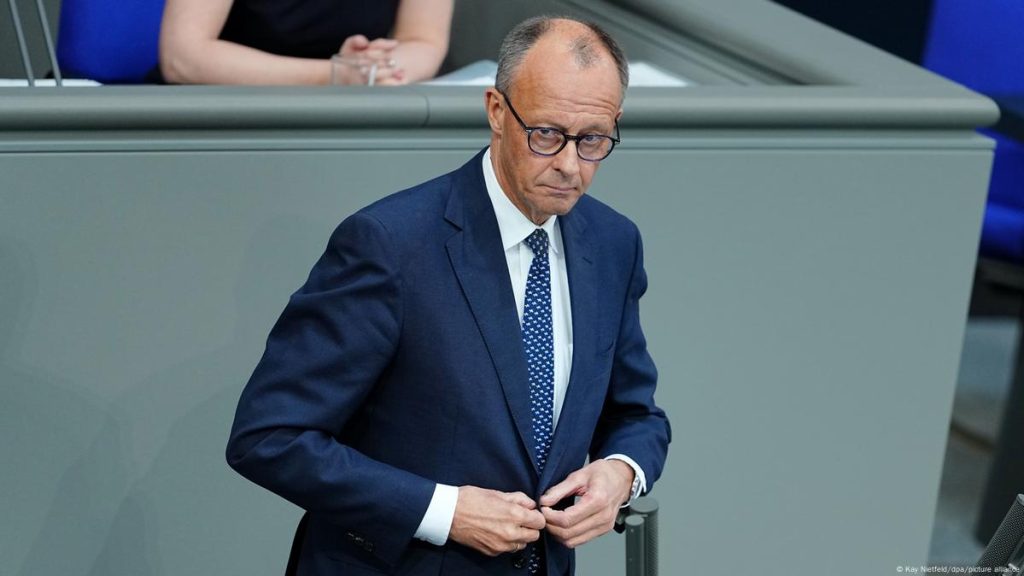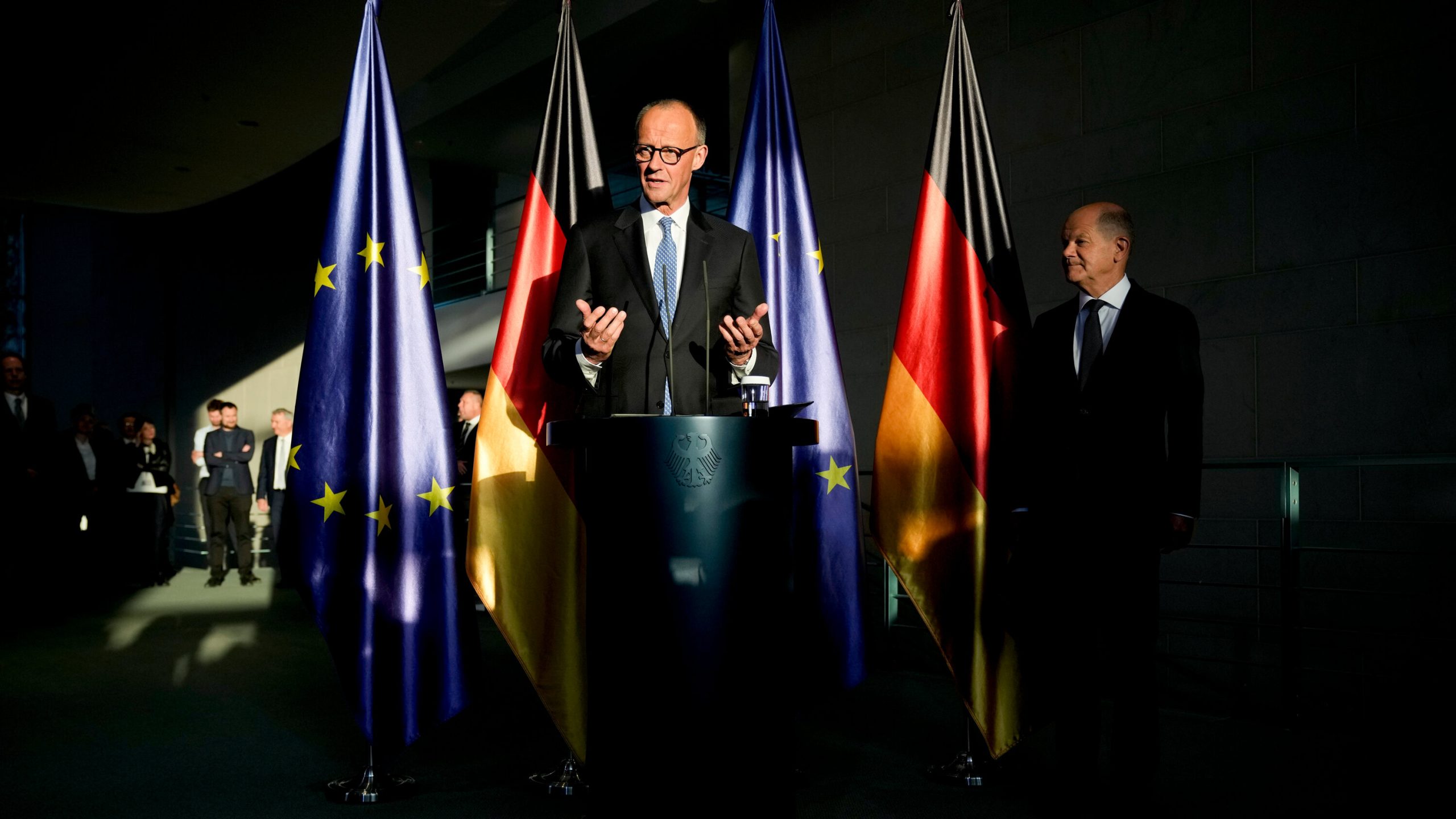German Chancellor Friedrich Merz has declared his government’s ambition to build Europe’s most powerful conventional military, vowing to allocate all necessary financial resources to strengthen the country’s long-neglected armed forces.
Addressing the Bundestag in his first major speech since taking office last week, Merz said, “This is appropriate for Europe’s most populous and economically powerful country. Our friends and partners also expect this from us—indeed, they practically demand it.”
The pledge comes during mounting tensions on the continent, with Russia’s ongoing war in Ukraine prompting European leaders to re-evaluate their defence capabilities.
Merz stressed the need for Germany to assume a greater diplomatic and security role within Europe and NATO, arguing that “strength deters aggressors, while weakness invites aggression.”
Long wary of militarisation due to its World War II legacy, Germany significantly scaled back defence spending after the Cold War, relying heavily on US security guarantees through NATO.
However, recent years have seen increasing pressure, especially from US President Donald Trump, for European nations to shoulder more of their defence burden.

Russia’s full-scale invasion of Ukraine more than three years ago prompted Merz’s predecessor, Olaf Scholz, to announce a €100 billion boost to military spending. That measure allowed Germany to meet NATO’s target of allocating 2% of GDP to defence, but Merz noted that much work remains.
“The strengthening of the Bundeswehr is our top priority,” he told MPs, noting that Germany’s aim is “a Europe and a Germany so strong together that we never have to use our weapons.”
He reaffirmed support for Ukraine, stating, “We are not a party to the war, and we don’t want to become one.” But he also issued a stark warning: “Anyone who seriously believes that Russia would be satisfied with a victory over Ukraine or with the annexation of parts of the country is mistaken.”
Despite recent investment, Germany’s armed forces remain plagued by shortcomings, including equipment failures and insufficient personnel.
Defence Commissioner Eva Högl recently warned that the military still suffers from “too little of everything.”
To address recruitment challenges, Merz announced plans for a new voluntary military service scheme aimed at encouraging more young people to serve.
“There are many young people in our country who want to take responsibility for Germany and its security,” he said.
However, Defence Minister Boris Pistorius suggested that if voluntary efforts fall short, compulsory service could be reconsidered.
“We will initially rely on voluntary participation,” he said. “And I say, quite deliberately, the emphasis is on ‘initially.’”


 Trending
Trending 